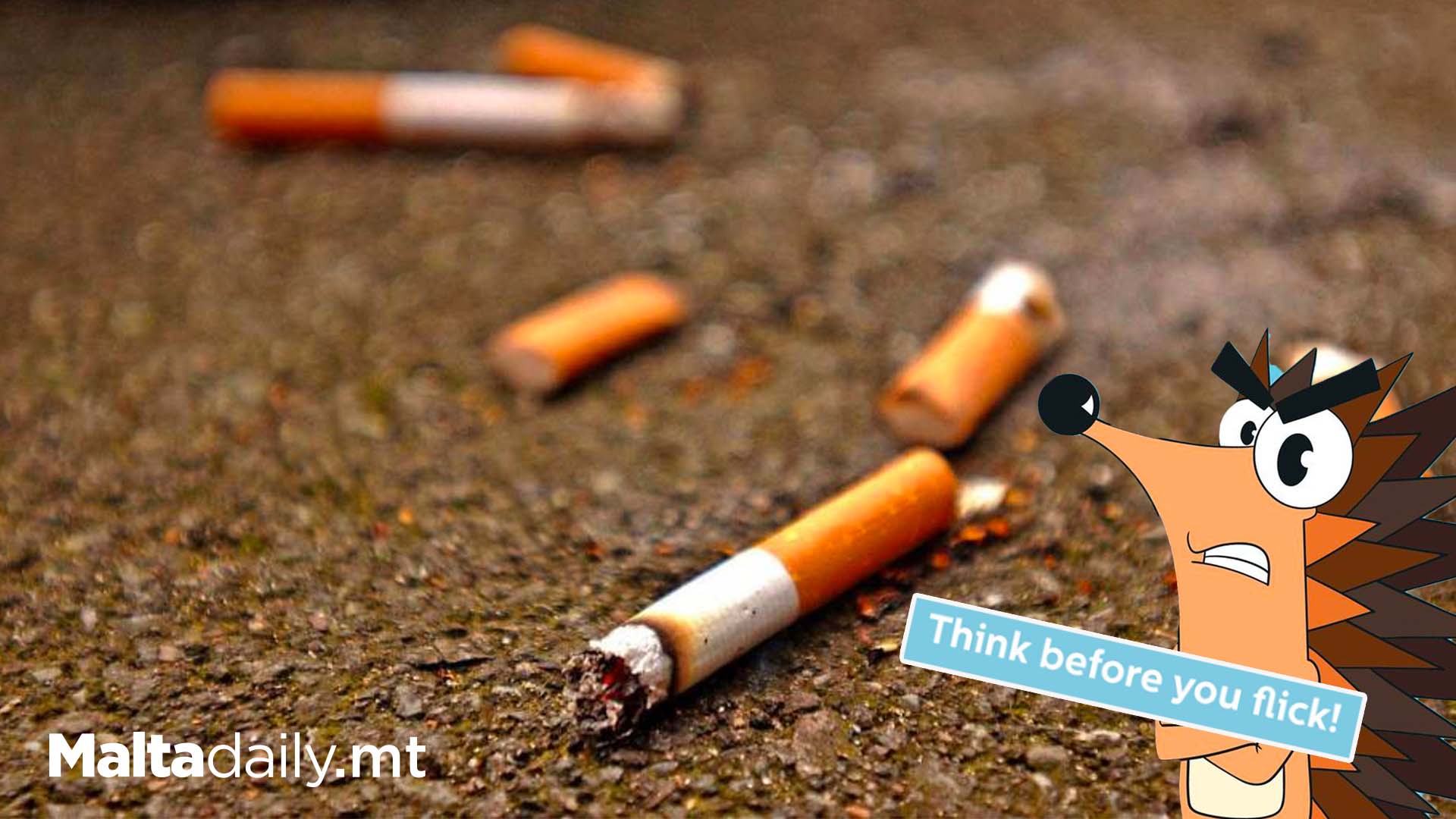Cigarette Butts Are One Of the Most Littered Items Globally

As part of the return of Xummiemu, the local environmental mascot is reminding us of the impact cigarette butts have when thrown away as litter.
Despite a decline in smoking rates, cigarette butts persist as a ubiquitous environmental concern, littering various landscapes, from green spaces to sidewalks, roadsides, beaches, and waterways.
With approximately 4.5 trillion cigarettes discarded annually worldwide, they claim the title of the most littered item on Earth.
Constituting nearly 38% of all collected litter, cigarettes pose a significant environmental threat. Disposal habits contribute to this issue, as 75% of smokers admit to casually discarding cigarette butts on the ground or from vehicles.
The environmental impact extends to the financial realm, with cities spending substantial amounts, ranging from $3 million to $16 million, on cigarette clean-up efforts. Additionally, cigarette waste is highly toxic, releasing chemicals like arsenic and lead into the environment, contaminating water sources and endangering aquatic life.
The cigarette filters, often mistaken for cotton, are primarily composed of non-biodegradable plastic fibers (cellulose acetate), contributing approximately 1.69 billion pounds of toxic trash annually.
Despite their slow decomposition rate, estimated at only 38% after two years, these cigarette butts persist as a long-lasting and harmful environmental issue.
This comes as France moves to ban smoking on beaches, parks and various other areas due to this same issue as well as an attempt to create a smoke free generation.
#MaltaDaily


